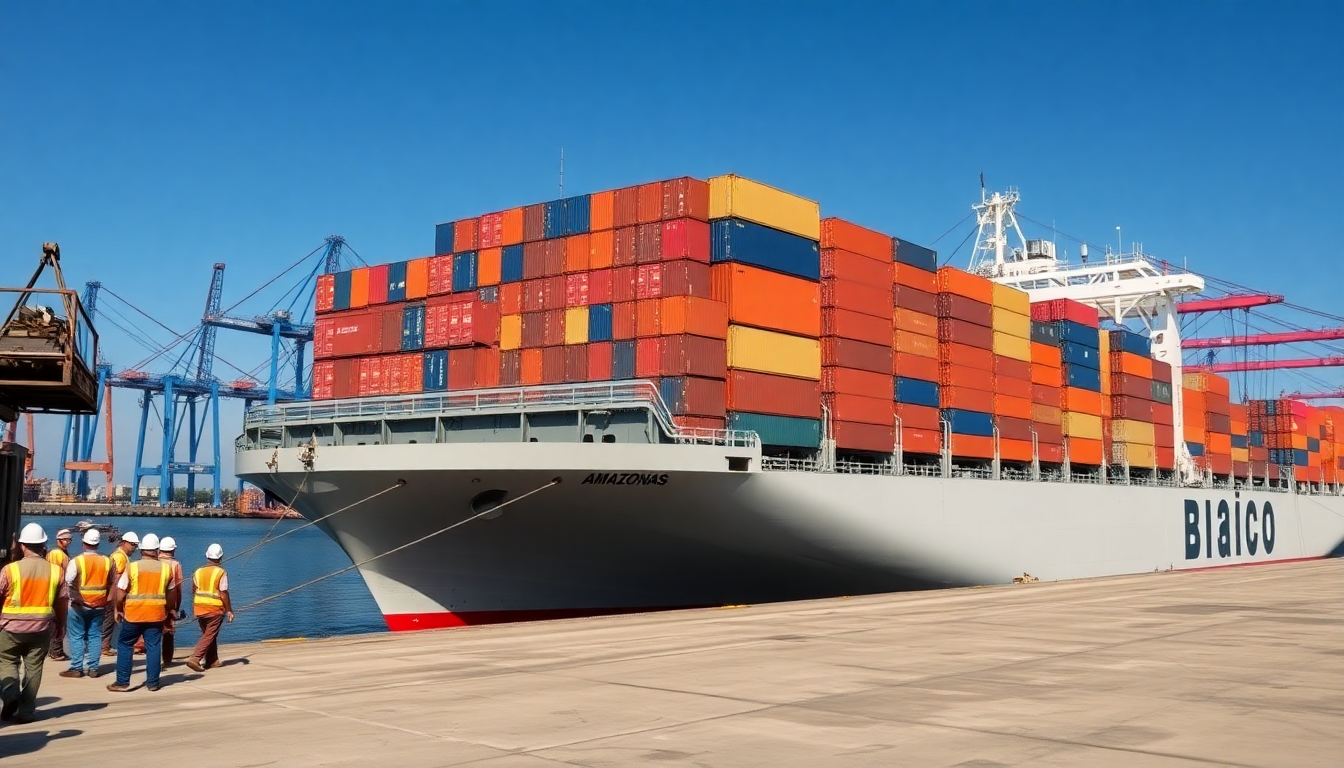Table of Contents
The recent trade tensions between the United States and Brazil have stirred up a whirlwind of political and economic dynamics that could change the course of their relationship. When President Donald Trump decided to impose hefty tariffs on Brazilian imports, it wasn’t just about trade anymore; it felt more like a personal showdown, especially given the backdrop of political turmoil. So, what does this mean for the future of these two nations? Let’s dive into the implications of these developments and explore how intertwined politics and international trade really are.
The Political Backdrop Driving Trade Decisions
At the core of this issue is the ongoing legal saga of Jair Bolsonaro, Brazil’s former president, who finds himself in hot water with controversies that echo Trump’s own legal challenges. Trump’s recent letter to Brazilian President Luiz Inácio Lula da Silva marked a notable shift from typical trade discussions. Instead of simply focusing on numbers, it boldly linked the tariff hike to Brazil’s treatment of Bolsonaro, whom Trump referred to as a “Highly Respected Leader.” This personal angle highlights how trade policies can be weaponized in political battles, turning tariffs into tools of influence rather than just economic measures.
In his letter, Trump pointed to Brazil’s alleged assaults on free elections and free speech, mirroring his narrative that he and Bolsonaro are victims of politically motivated attacks. By framing tariffs as a response to these issues, Trump aims to rally support from allies and constituents who relate to stories of persecution. His claim that Brazil’s actions justified a 50% tariff increase casts the US as a defender of democracy, albeit through a lens tainted by self-interest. Isn’t it fascinating how trade decisions can transcend economics to become battlegrounds for political narratives?
The Economic Implications of Tariff Hikes
From an economic standpoint, these proposed tariffs signal a major shift in the trade relationship between the two countries. In 2024, US imports from Brazil hit $42.3 billion, while exports reached $49.7 billion, giving the US a trade surplus. Yet, Trump’s claims of unfair trade practices suggest a broader strategy aimed at steering Brazil’s domestic policies. This could disrupt established trade flows and create market uncertainty, particularly affecting sectors that rely heavily on Brazilian goods.
Moreover, the introduction of tariffs could trigger retaliatory actions, escalating tensions into a full-blown trade war. Brazilian farmers, manufacturers, and exporters could find themselves cut off from the lucrative US market, while American consumers might face rising prices for imported goods. This interconnectedness underscores the risks of letting political disputes dictate trade relations. It begs the question: how can we ensure stability and constructive dialogue in such a complex landscape?
Looking Ahead: Forecasts and Potential Outcomes
As we gaze into the future, the ongoing tensions between the US and Brazil present a tricky scenario for both investors and policymakers. The possibility of a drawn-out standoff could lead to significant changes in trade patterns, as countries explore alternative markets or reconsider their dependencies. For investors, keeping a close eye on these developments is crucial, as the outcomes of these tariff hikes may present both risks and opportunities across various sectors.
In the medium term, the resolution of Bolsonaro’s legal issues and the shifting political landscape in Brazil will play a key role in shaping trade relations. If Bolsonaro’s legal troubles start to ease, we might see both nations adopting a more conciliatory approach, potentially cooling trade tensions. On the flip side, if political instability continues, we could witness further tariff escalation, pushing businesses to navigate a more unpredictable environment. Isn’t it interesting how one political figure’s fate can ripple through international trade?
In conclusion, the current trade tensions between the US and Brazil highlight the complex relationship between politics and economics on the global stage. Trump’s tariff hikes are more than just numbers; they represent a larger narrative of political survival and influence. As these developments unfold, stakeholders must remain alert, recognizing that significant shifts in both markets and political alliances are on the horizon. Are we ready for what’s next?


